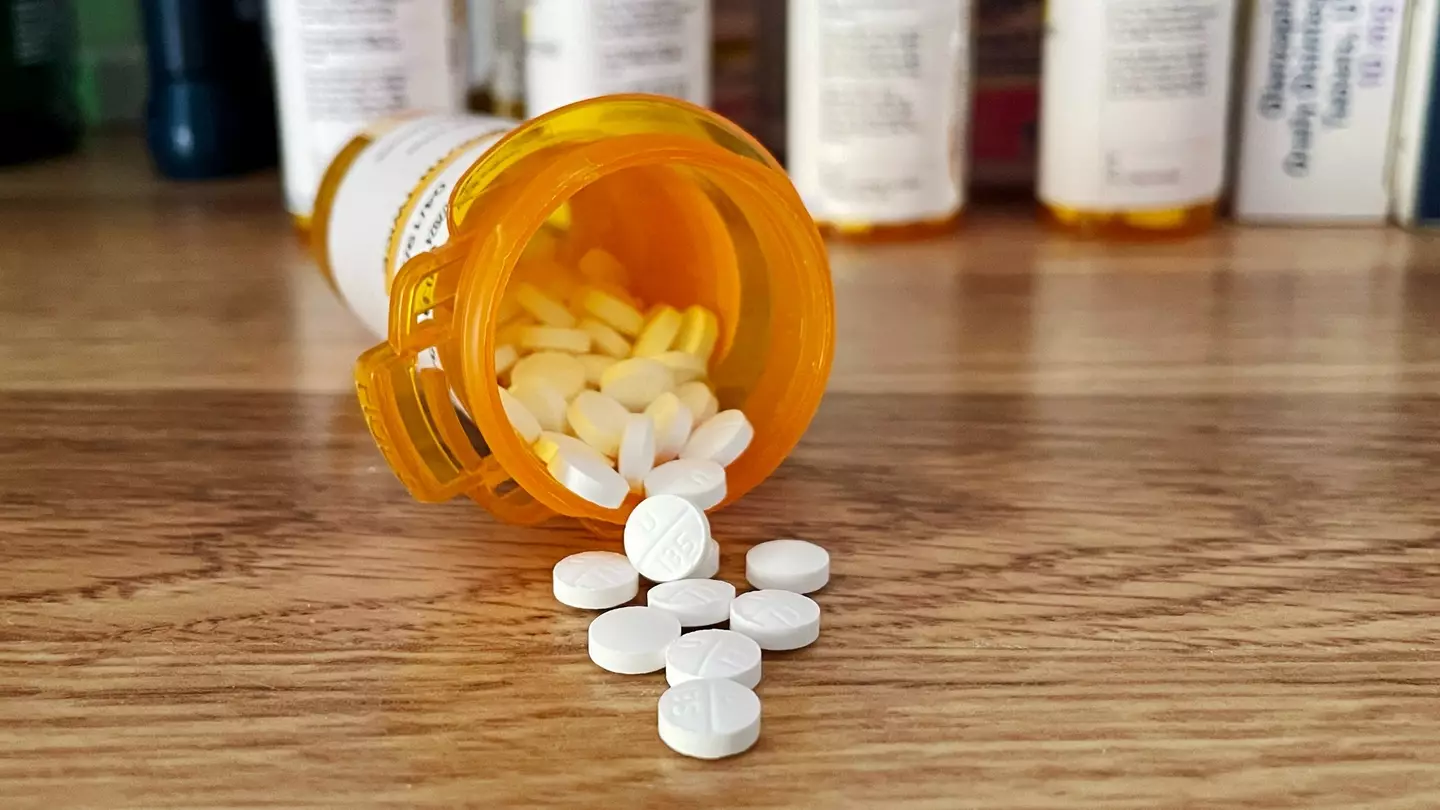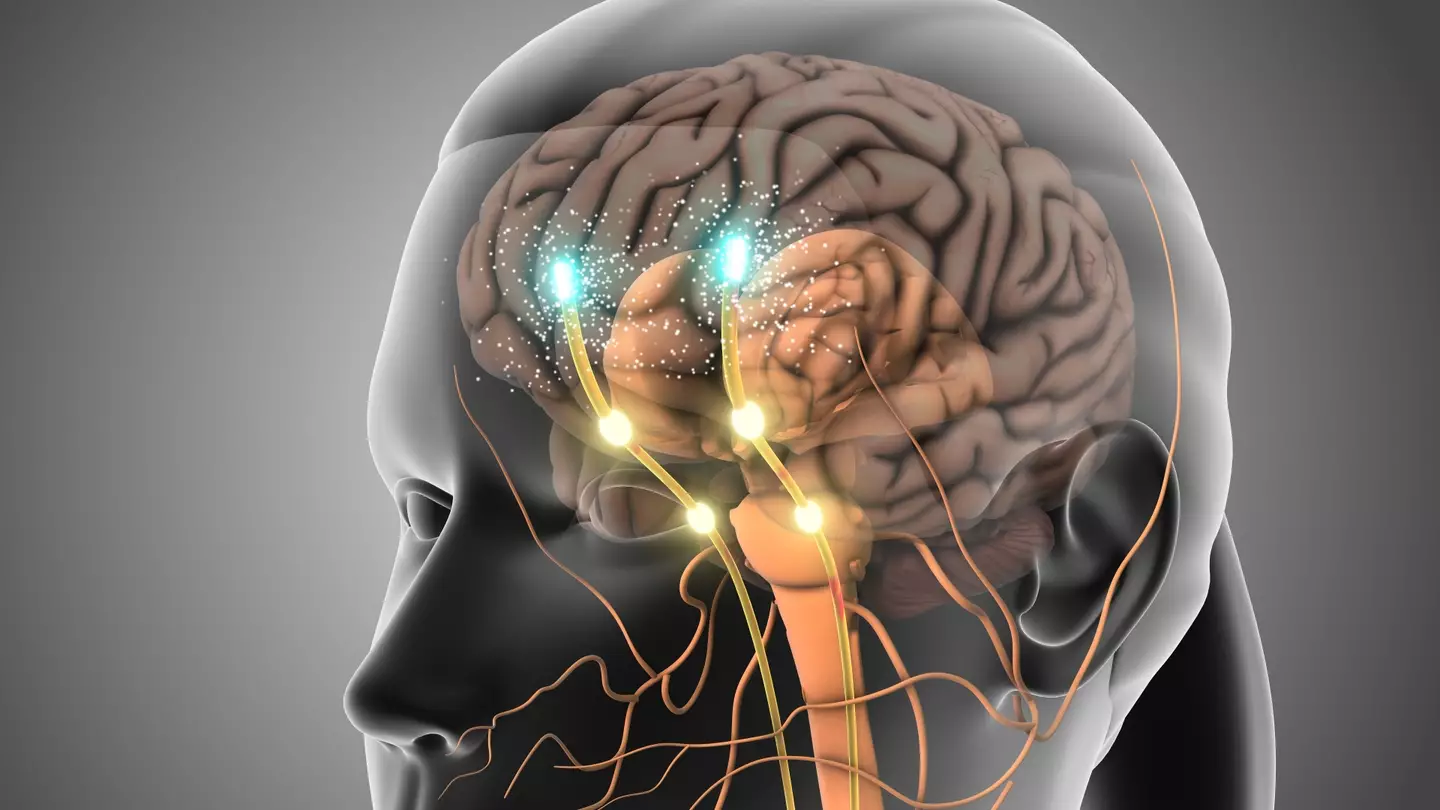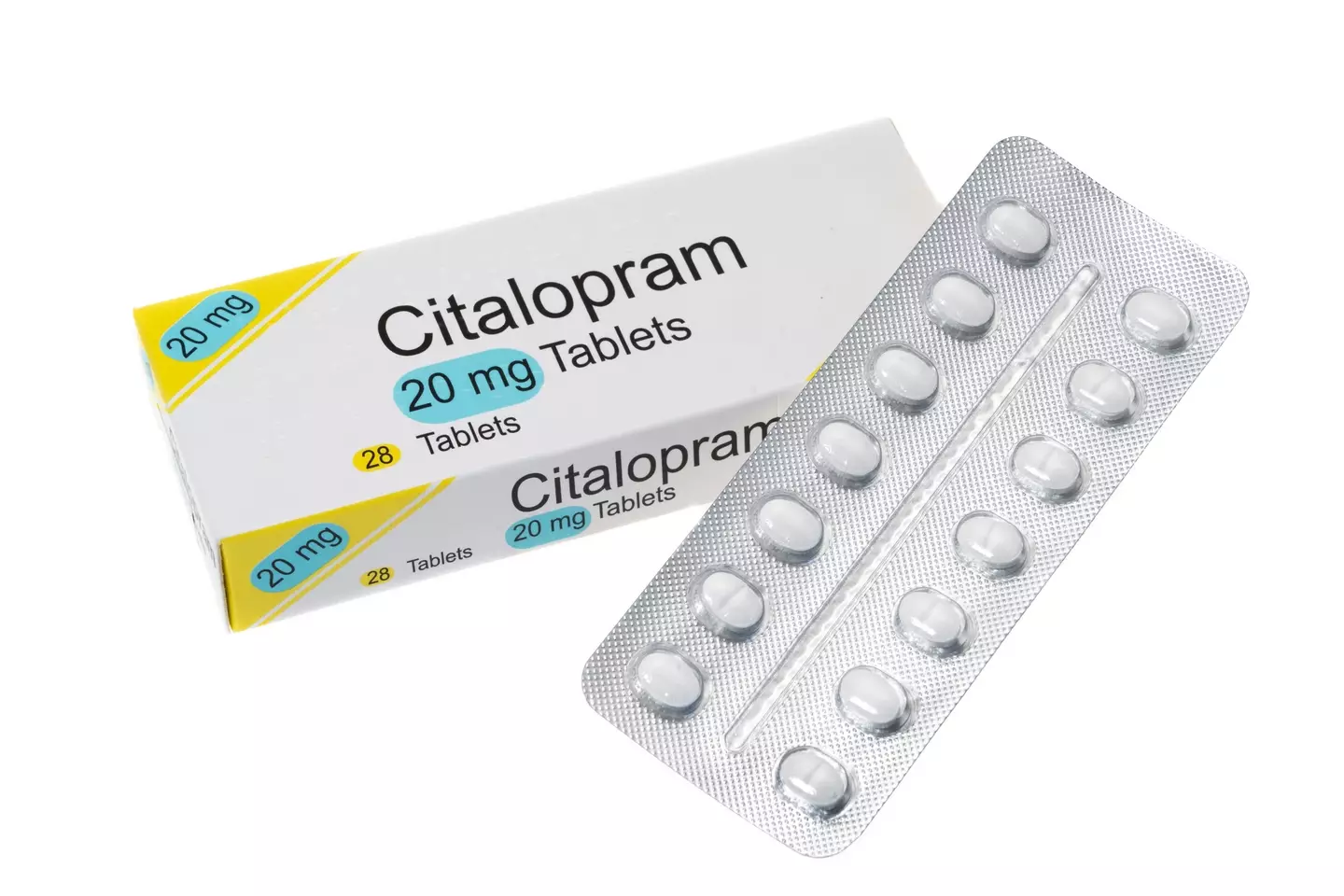
A major update has been given for anyone who takes antidepressants, including sertraline, amitriptyline, citalopram and maprotiline, after their side effects have been ranked for the very first time.
Around eight million people in the UK alone take antidepressants, but despite such a colossal number, the side effects of different antidepressants have actually never been ranked - until now.
Researchers at King's College London and the University of Oxford have looked at the impact medications had on patients in the first eight weeks after starting treatment, with some meds causing patients to gain up to 2kg in weight or vary heart rate by as much as 21 beats every minute.
The team analysed 151 studies of 30 drugs commonly used in depression, involving more than 58,500 patients, and published their groundbreaking results in the Lancet medical journal.
Advert

Results
Such results showed:
- An eight-week prescription of agomelatine was linked to a 2.4kg drop in weight compared with maprotiline, which led to nearly 2kg of weight gain
- A difference of 21 beats per minute between fluvoxamine, which slowed the heart, and nortriptyline, which sped it up
- An 11 mmHg difference in blood pressure between nortriptyline and doxepin
"There are big differences between [antidepressants] and this is important not just for individual patients, but large numbers of people are taking them, so even modest changes could have a big effect across the whole population," said researcher Prof Oliver Howes, with researchers warning that these findings shouldn't make people feel they need to stop their treatment but instead act as a call for antidepressants to be closely matched to the needs of each person.
"Clearly no two antidepressants are built the same," said Dr Atheeshaan Arumuham, from King's College London.

Health risks
Such effects on a patient's physical health can accumulate and become clinically important, including an increased risk of heart attack or stroke.
This means that even two people with the same diagnosis could be better suited to different antidepressants depending on their own preferences and other health conditions.
"The majority of the studies we looked at were relatively short. We're looking at eight weeks' duration and still within that duration we were seeing large changes in physical health parameters which we would argue have clinical relevance," Dr Toby Pillinger told BBC Radio 4's Today programme.
"The last thing I want is for this story to be scaring people," he added.
"I want to see this as empowering individuals to take the initiative and to engage in shared decision-making with their practitioner."
Now, while it's way too simplistic to say there are 'good' and 'bad' antidepressants, the study found that, overall, the most prescribed class of antidepressants - SSRIs like paroxetine, citalopram, escitalopram and sertraline - tended to have fewer physical side effects.
Additionally, the study showed that Fluoxetine - an SSRI that is also called Prozac - was linked to a drop in weight and higher blood pressure.

Next steps
Professor Andrea Cipriani, from the University of Oxford, explained that it was 'impossible' to estimate how many of the millions of people being prescribed antidepressants should be on a different drug.
But, he did note that there had been a push for 'generic, cheap medications' that meant 85% of antidepressant prescriptions in the UK were for just three drugs: the SSRIs citalopram, sertraline and fluoxetine, adding that implementing the findings of this study would see 'the 85% reduce dramatically' with 'more people accessing better treatments'.
You can find out more about antidepressants on the official NHS website here.
If you're experiencing distressing thoughts and feelings, the Campaign Against Living Miserably (CALM) is there to support you. They're open from 5pm–midnight, 365 days a year. Their national number is 0800 58 58 58 and they also have a webchat service if you're not comfortable talking on the phone.
Topics: Advice, Explained, Health, Life, Mental Health, NHS, Science